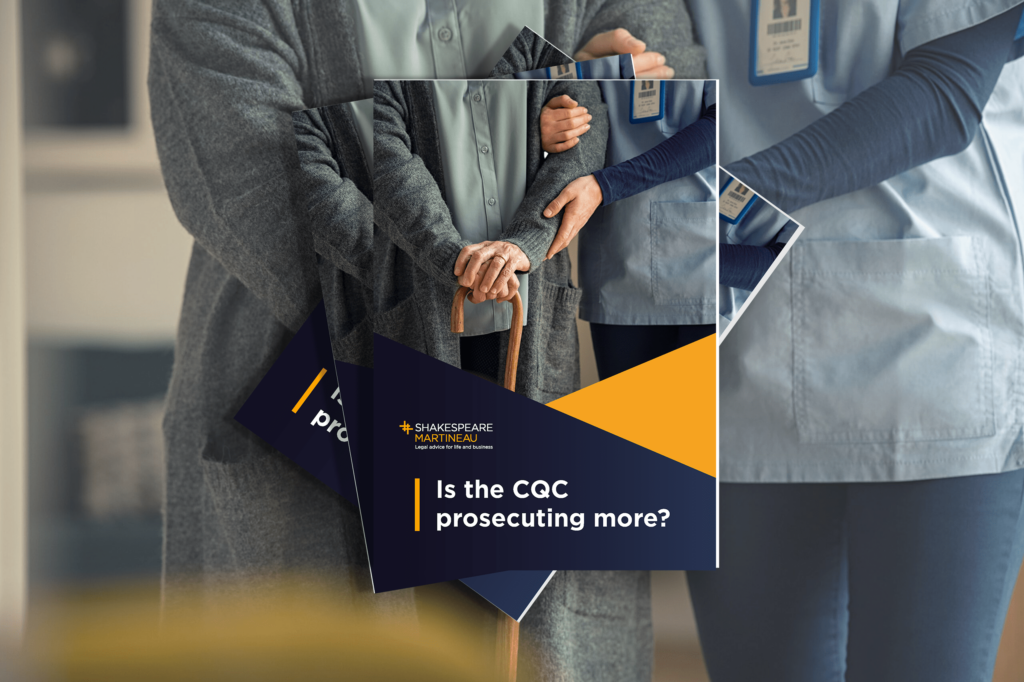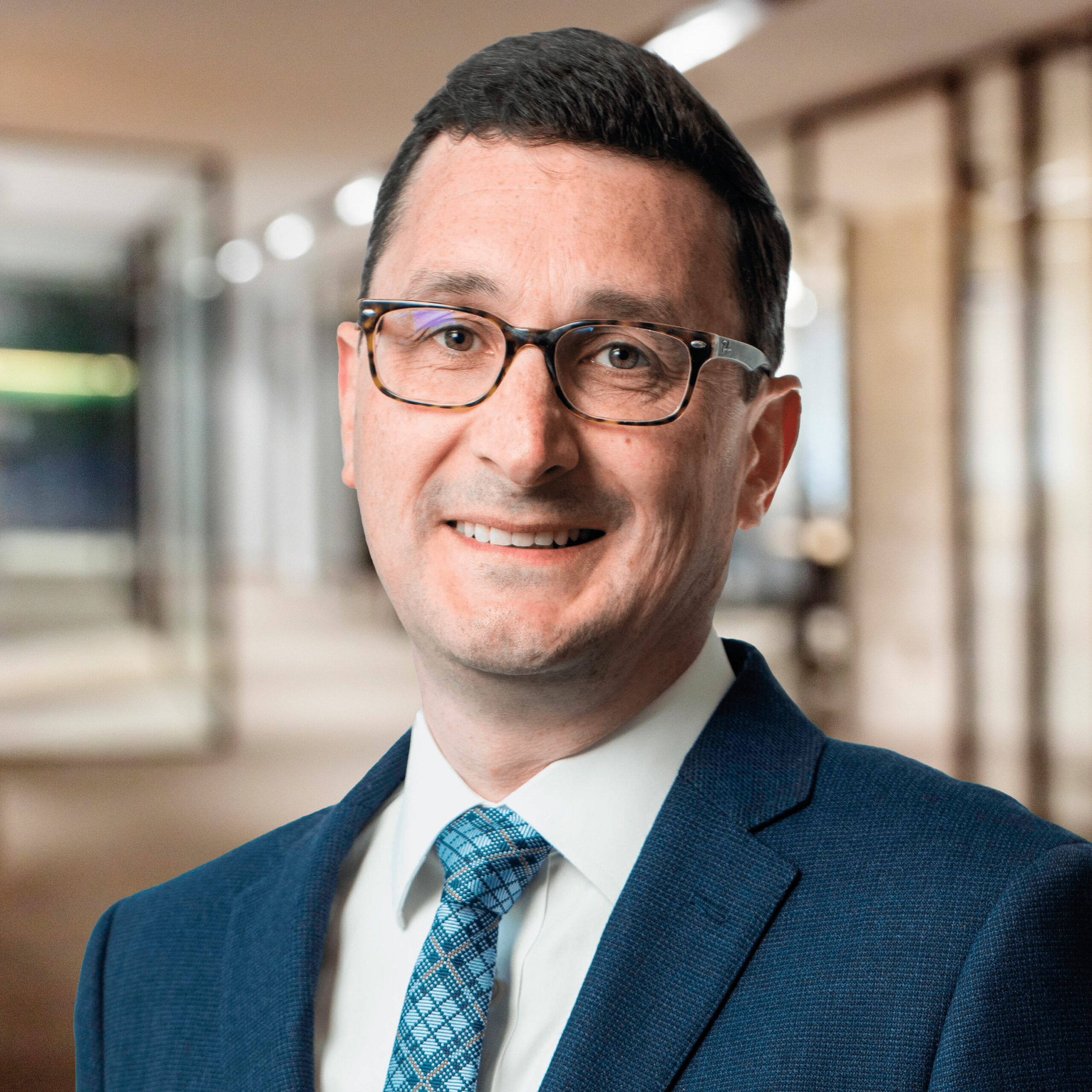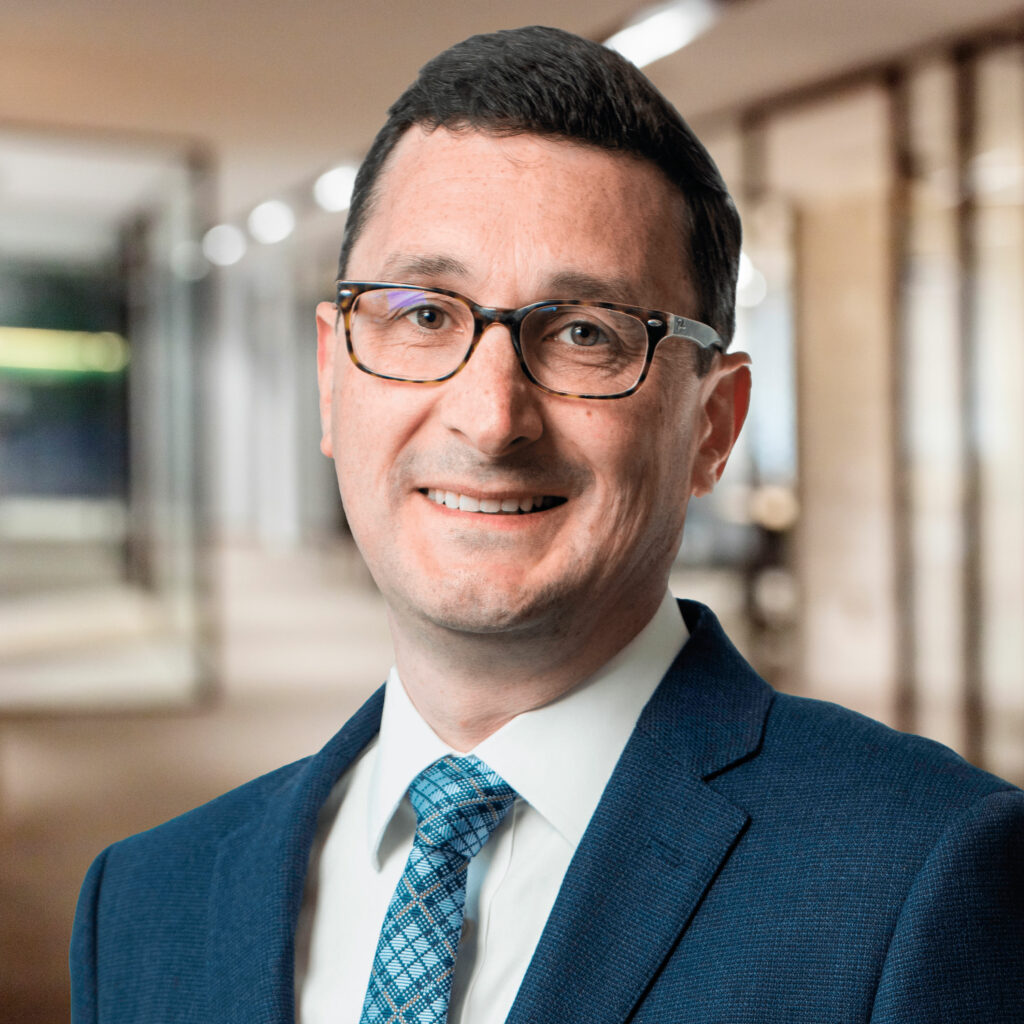The healthcare watchdog is prosecuting and fining care homes and registered providers more now than pre-pandemic, our new analysis has revealed.
When comparing pre-pandemic (2017-2019) with pandemic and post-pandemic (2020-2022), prosecutions by the Care Quality Commission (CQC) increased by 50% – from 30 to 45.
The research also found that the average fine amplified by 242% to more than £550,000. In comparison, the average fine pre-pandemic was just over £160,000.
After a downturn in activity during the lockdowns and some cases taking more than three years to be brought forward, our experts expect this to increase further.
Jordan Glackin, healthcare partner, said: “After conversations with clients over the past couple of years, these findings are not surprising.
“The CQC had virtually stopped all inspections – except in emergencies – during the pandemic and so, as a result of the backlog, an increase in prosecutions once normality started to resume was to be expected.
“With more catching up likely to be done and the sector being placed firmly under a microscope during the pandemic, particularly in the eyes of the public, we expect this activity to increase further – especially as some cases have taken more than three years to be brought forward.
“However, there are cautionary measures care homes and registered providers can put in place to mitigate the risk of persecution, limit the impact of prosecution and, in some cases, prevent it from proceeding to court.”
The largest fine handed down pre-pandemic was £225,170 in 2019. During and post-pandemic, this was £2.5 million, which was delivered in 2021 – an increase of more than 1,000%.
Prosecutions in the southern regions have doubled, and in the North and Midlands, they have increased by a total of 54%.
The data shows the most significant increase in prosecutions by region is in the South East, where the number of charges have risen by 267%.
Regulation 12 (safe care and treatment) was the most breached over the past six years, accounting for 63% of all prosecutions.
Jordan added: “As the CQC is using its powers more than ever, it is vital providers ensure compliance with their regulatory and legal obligations; keep detailed and accurate records; stay up-to-date with any legal or policy changes; and seek specialist legal advice at the earliest opportunity.”
We analysed the following regulated activities in the Care Quality Commission’s list of prosecutions:
- Accommodation for persons who require nursing or personal care
- Accommodation for persons who require treatment for substance misuse
- Community services – healthcare
- Diagnostic and screening procedures
- Nursing care
- Personal care
- Treatment of disease, disorder or injury.









